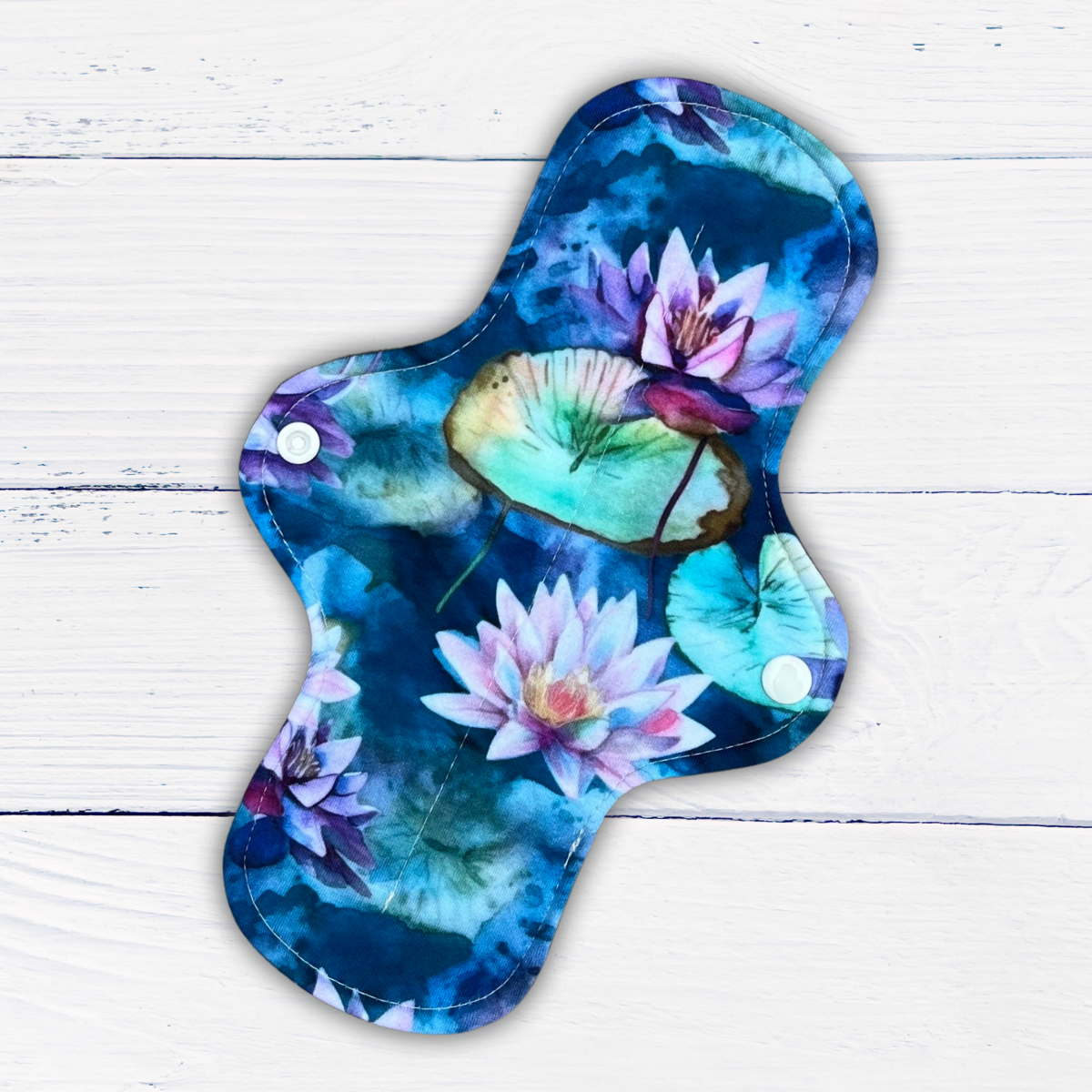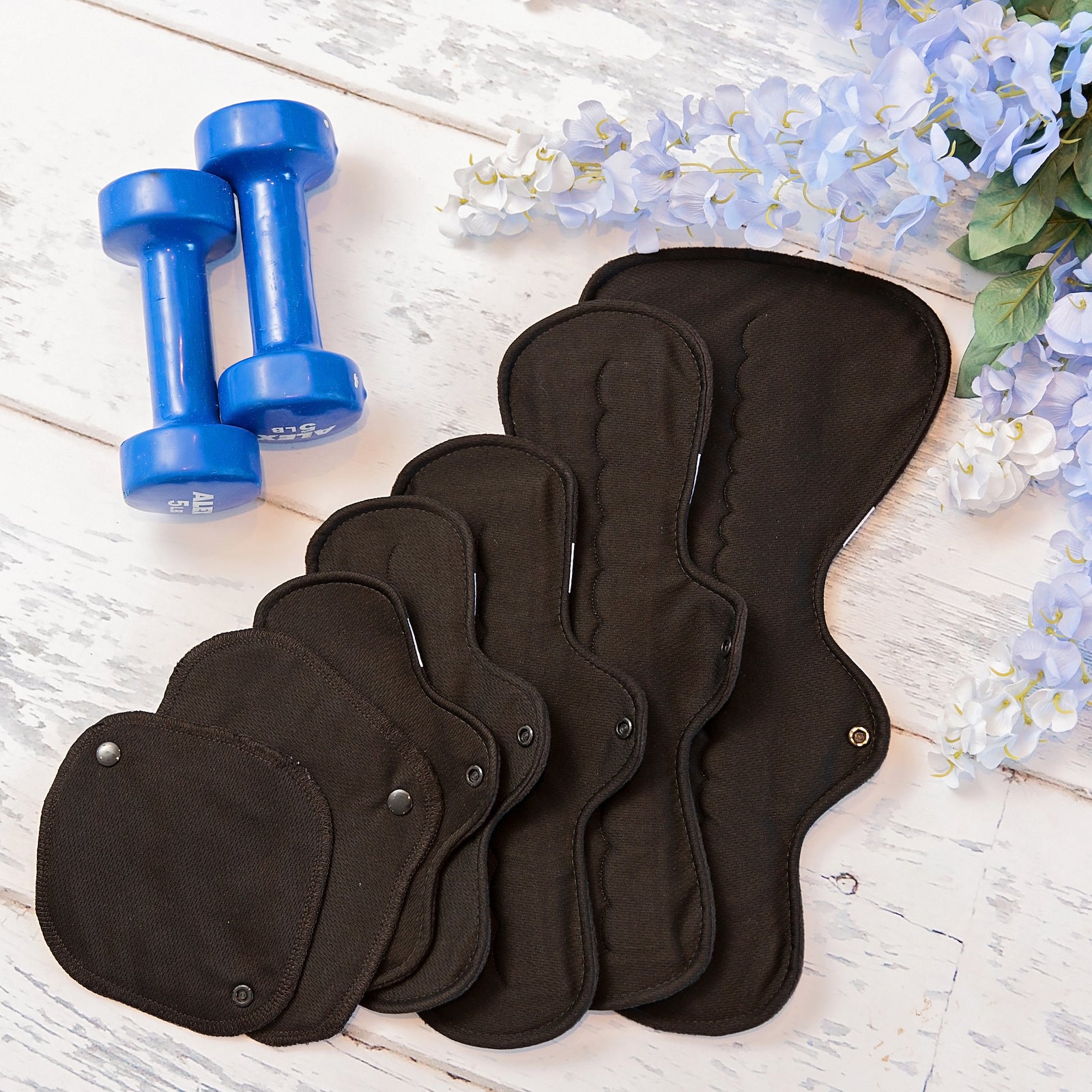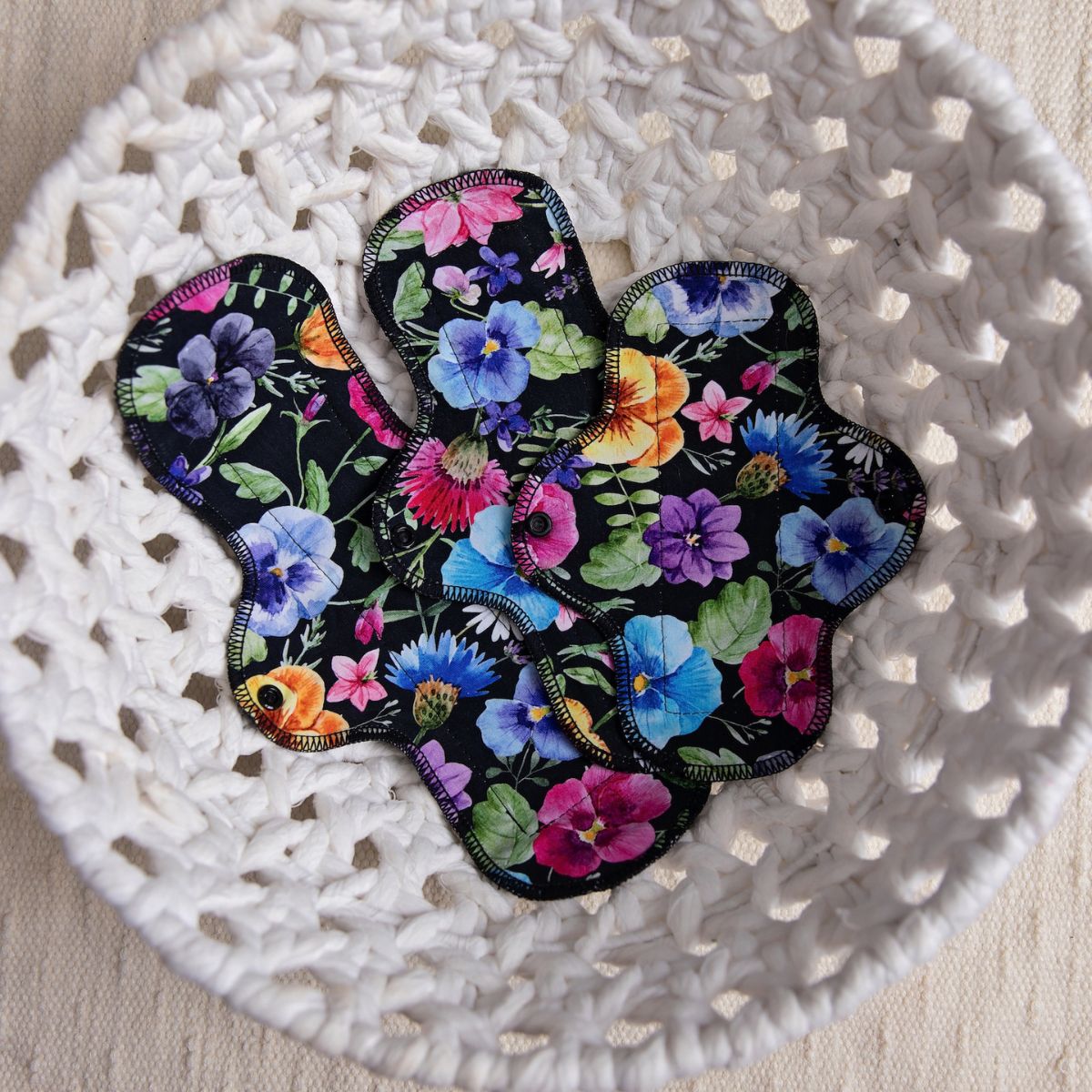Help, I pee when I sneeze!
If you leak urine (pee) when you cough, sneeze or jump, you are far from alone! The Canadian Continence Foundation estimates that over 3.3 million Canadians struggle with one or more types of incontinence. Many women have been told that their incontinence is “normal” because they’ve given birth, or have gone through menopause. But did you know that not only is incontinence not normal (though it is common!) but there are also effective treatments for it?

One of these treatments is a specialized type of physiotherapy called “pelvic floor physiotherapy”. Pelvic floor physiotherapists are physiotherapists with extra training in the assessment and treatment of the muscles of the pelvic floor.
My name is Nicole Stieber-Sze, and I am a physiotherapist with The Village Physio & Co – a collaboration of practitioners in Guelph, Ontario who are passionate about pelvic health, and work with women, men and children. I came into the world of pelvic health after working on my own pelvic floor rehab, following the birth of my daughter in 2015. I feel truly grateful to be able to walk alongside people as they explore this part of their health, and to be a support for issues that were (and often still are!) considered “taboo” to talk about.
I have put together some answers to a few questions that I commonly hear about pelvic floor physiotherapy, and I hope it might provide a jumping off point for people who are considering treatment for incontinence or other pelvic floor challenges! Remember – just because leaking, prolapse or pelvic pain are common, doesn’t mean you have to live with them!
What is the Pelvic Floor?

The pelvic floor muscles are a group of small muscles that are suspended in the bottom of the pelvis. When the pelvic floor muscles contract, they help to close off the urethra and anus, helping to keep urine and stool inside. They are also an important part of the core, helping to support the joints of the back and pelvis, and provide support for the pelvic organs, such as the bladder and uterus. They play an important role in sexual function as well!
So what happens when the pelvic floor muscles aren’t doing their job?
When the pelvic floor muscles are too weak, too tight, or not turning on at the right times, this tends to show up as one or more of the following symptoms:
- Stress Urinary Incontinence – leaking urine with things like coughing, sneezing, running, jumping, or lifting something heavy.
- Urge Urinary Incontinence or Urgency – incontinence that happens with a strong, usually sudden, urge to urinate. People typically describe this as not being able to make it to the bathroom on time. When people have this sudden urge to urinate but can make it to the bathroom without leakage, it is referred to as urgency.
- Frequency – Urinating more than average (typically more than every 2hrs) or feeling like you can’t fully empty your bladder. This can happen all day, or only at specific times of the day, such as before bed.
- Pelvic Organ Prolapse – In pelvic organ prolapse (POP), the uterus, bladder or rectum can start to drop down into the vagina, causing feelings of heaviness, pressure, and even sometimes a visible bulge at the opening of the vagina.
- Painful Penetration/Intercourse – this can be superficial or deep pain, and can be present for some or all of intercourse.
- Pelvic Pain – including hip and back pain
- Fecal Incontinence – leaking of stool, which can happen with activity, or with a strong urge to have a bowel movement
- Constipation
What is a pelvic floor assessment all about?
A pelvic floor physiotherapy assessment typically starts with a thorough history, and allowing you to tell us your story. We ask questions about the issue that you are seeing us for, as well as your medical history, fluid and fibre intake, bowel and bladder habits, exercise, pregnancy and birth history if applicable, and, most importantly, your goals.

We also typically ask questions about your hobbies, occupation, social supports and anything else that is important to you. Taking a detailed history helps us focus the physical part of the assessment, as well as helps to rule out red flags, or things that would require us to send you back to your family doctor for further evaluation.
In the physical assessment we look at your posture, breath pattern, the range of motion of your back, pelvis and hips, and the length, strength and tension of the muscles that attach to your pelvis. After this, we would typically offer an intrapelvic examination/internal examination. This is the gold standard in looking at the status of the muscles of the pelvic floor, and involves the insertion of one or two gloved fingers into the vagina, with lubricant.
In the intrapelvic examination, we are looking at the tension of the muscles of the pelvic floor, as well as their strength, and for the presence of any pelvic organ prolapse. It is important to know that all parts of a pelvic floor assessment are optional, including the intrapelvic examination. While it does provide important information, an experienced pelvic floor therapist can provide guidance and treatment without an intrapelvic exam. Your consent and comfort are the most important part of a pelvic floor physiotherapy examination.
Can’t I just do Kegels?
Most women, especially if they have had children, have heard of kegels. Kegels are another word for activation or strengthening exercises of the pelvic floor. A lot of people have been told that doing kegels is the “cure all” for pelvic floor problems. And while pelvic floor strengthening certainly can be a big part of treating pelvic floor challenges, seeing a pelvic floor therapist helps you to learn how to properly activate these muscles. Additionally, for a lot of people, weakness is not actually the underlying cause of their symptoms. Many people need to learn how to lengthen or relax their pelvic floor muscles, especially when it comes to pain conditions and urgency!
If it's all about the muscles, why are my symptoms worse when I’m stressed?

While the muscles are a very big part of pelvic floor challenges, how calm or excited your nervous system is, plays a big part as well. Many pelvic floor physiotherapists use what is called a biopsychosocial approach. This means we consider not only what your muscles are doing, but what is happening in other parts of your life. Your support systems, beliefs about health and wellness, mental health, stress, trauma, illness, and other socio-economic factors can all impact the state of your nervous system, which in turn has a big impact on your pelvic health, and overall health!

Nicole Steiber-Sze is a physiotherapist with The Village Physio & Co – a collaboration of practitioners who are passionate about pelvic health, and work with women, men and children in Guelph, Fergus, Elora, and the surrounding areas in Ontario, Canada.












